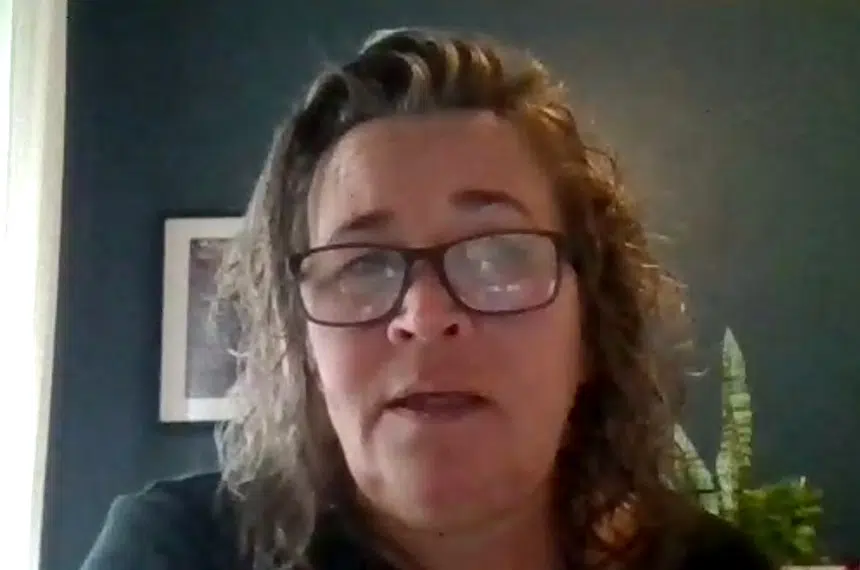As the provincial government holds out its hands for the federal money just agreed to on Monday, the head of one of Saskatchewan’s health-care unions believes that money should be kept in the public system and not go to private delivery.
“I think we need political guts to invest in a public health-care system that really is publicly administered, publicly funded and publicly delivered instead of sort of nibbling around the edges of privatizing certain services and thinking that it’s going to make everything OK. It’s really not,” said Barbara Cape, president of SEIU-West, the membership of which includes workers in health care across the province.
Cape said the province has tried private surgery and it hasn’t worked. She also talked about private companies removing specialists and workers from the public systems and having them work double duty.
“It does not reduce wait times (and) it doesn’t speed up recoveries. In fact, if someone has a complication from a hip or a knee replacement, they’re not going back to the private surgical centre; they’re going right to the public system,” she said.
To reduce surgical wait times, Cape suggests things like improving the whole flow of services leading up to surgeries — improving staffing and the ability of people to visit in non-peak hours — and using rural capacity more. She also said the province needs to invest more in people like doctors, nurse practitioners, RNs and LPNs working to the broadest scope of their practice.
“I think that’s something we think about (and) we talk a good game about in the Saskatchewan health-care system, but we haven’t actually put a marker down on the table and said, ‘This is where we’re going to focus our attention,’ ” said Cape.
On Monday, Saskatchewan and all the other provinces and territories accepted the federal government’s health-care deal, which includes $46 billion in new money.
Cape said it’s a start, but it’s not going to be a silver bullet that fixes the system.
“The politicians who are running this show need to understand that this isn’t a one-shot-and-done fix. Health care is an ongoing natural evolution that we need to continue to review and continue to invest in,” she said.
There’s money in the deal specifically for wage increases and increasing staff, but Cape said unions need to figure out how that’s going to shake out. She said there were several years of “undervaluing” health-care workers with zero and one per cent wage increases.
Cape said higher wages need to be at the forefront but there also need to be opportunities for education and to make it accessible and affordable for people outside the larger centres.
“How do we create those health pathways so that we’re keeping the people that we’ve invested in and who have institutional knowledge and expertise?” she said.
She also thinks there needs to be a stronger education and work pathway for new Canadians and for First Nations and Metis peoples on and off reserve.
Cape said she’ll be reaching out to Premier Scott Moe and the ministers of health to see if they can get a health human resources roundtable together. She said they should look at everything to commit to build a world-class health-care system.
“But it has to be done in partnership. It can’t be done just by the Government of Saskatchewan or just by Sask Polytech or just by private industry. We have to do it as a collective,” she said.











